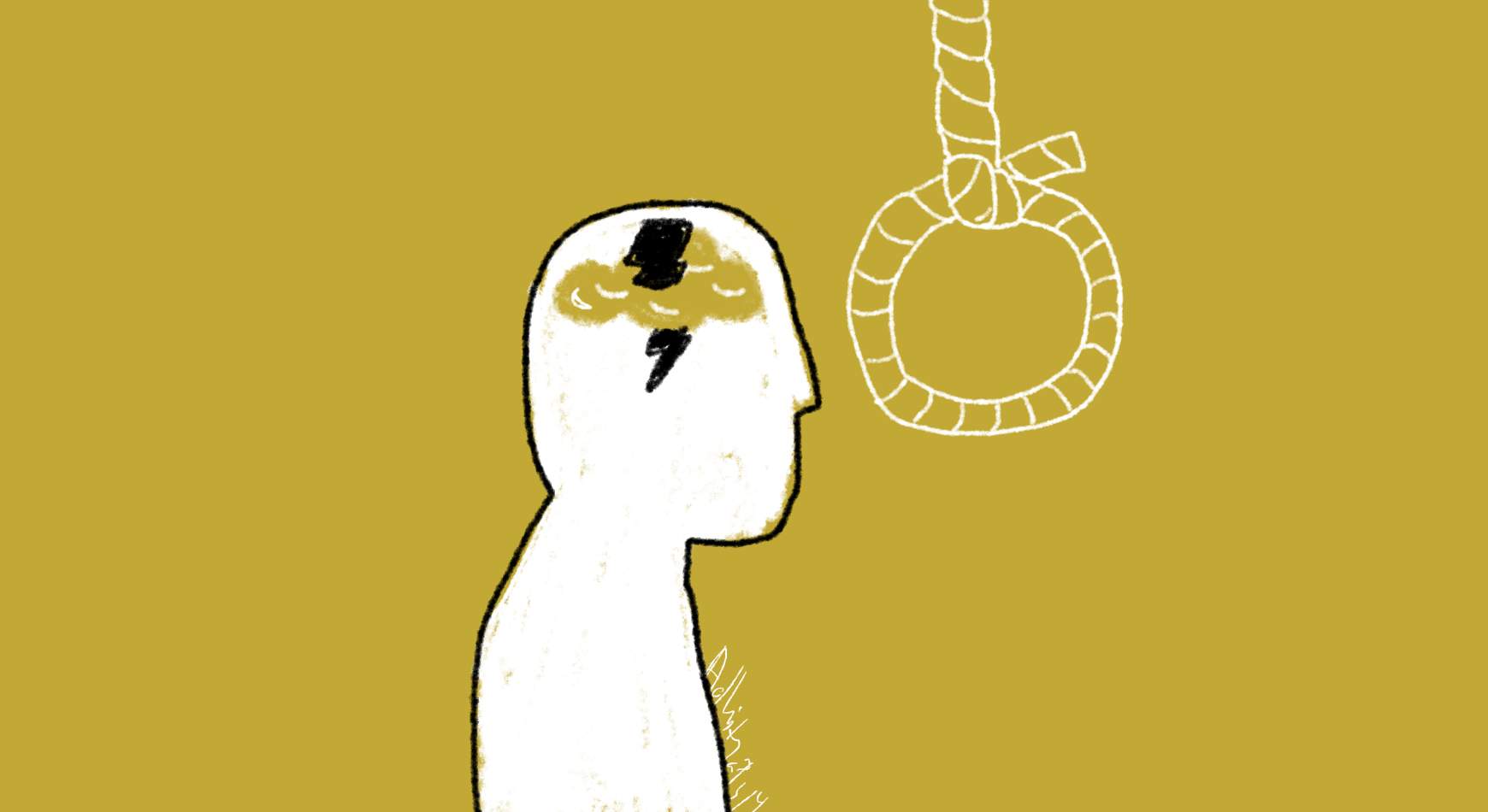Whenever people we know have taken their own lives, questions would follow.
"Why didn’t they come out and let us know their mental state? We could have saved them.” Or some sort of similar reaction.
Our remorse is anchored in the belief that we could have saved them if only they had told us about their struggle.
The truth is human nature is innately egocentric. We find it hard to relate or empathize with others’ problems and grieves when we have never been in the circumstances that they are in. When something disastrous happens and it’s already too late, often it is the first time we realize what it’s like to be in others’ positions. The remorse that follows won’t change anything.
People who committed suicide didn’t come out about their condition and feelings when they were still alive for a myriad of reasons. For one, they probably thought that other people might find it hard to exert efforts to save them.
If they were to come out about their condition, chances are that: a) other people would find them ungrateful and whiny; b) people would empathize at first, but eventually get fed up and find them annoying; c) people would instead offer trite motivational advices without attempting to fully understand their plights; and, c) people would misunderstand their stories and blame them instead for bringing the condition to themselves.
In the end suicidal people choose to hide in their own cloistered and locked closet, because they believe that coming out about their condition will only attract hostility towards them. They choose to look well in front of the masses, and the pretense is encouraged by people’s capacity to only see what’s in front of them. There is no attempt to find out what’s behind the superficial smiles of people who are suffocating in their own mental battle. No screams are heard in the unseen battleground.
This is a modern warfare, where the most lethal weapons are words, where youngsters are forced to get accustomed to the battle inside their heads. And places where we spend most of our day – home, school or office – are the common sites of the battles.
Today’s warfare doesn’t require revolvers, submachine guns or rocket launchers. Menacing words coming out of people’s mouths, and the way people mistreat others are enough to push a soul to take their own life. The casualties may not have blood stains, but their hearts have bled severely from the wounds of the unseen wars.
Educational institutions give awards and homages to the ones who are smartest and brightest with radiant future ahead of them, but no one gives an award to the strongest fighters whose dark future is not their fault. No one sees that being a strong fighter who has fought her or his way through a mental warfare is the ultimate achievement.
Ralka F. Skjerseth is a card-carrying Lacanian whose soul is made of Valyrian steel. She loves Tolstoy’s idea of anarcho-pacifism that anarchism should be manifested with no coercion, and her music preference could switch from Trash Talk to Balmorhea really quick. She writes for zines and publishings sometimes when she’s not revolting, and her misadventures can be found at @kvltreign.








Comments